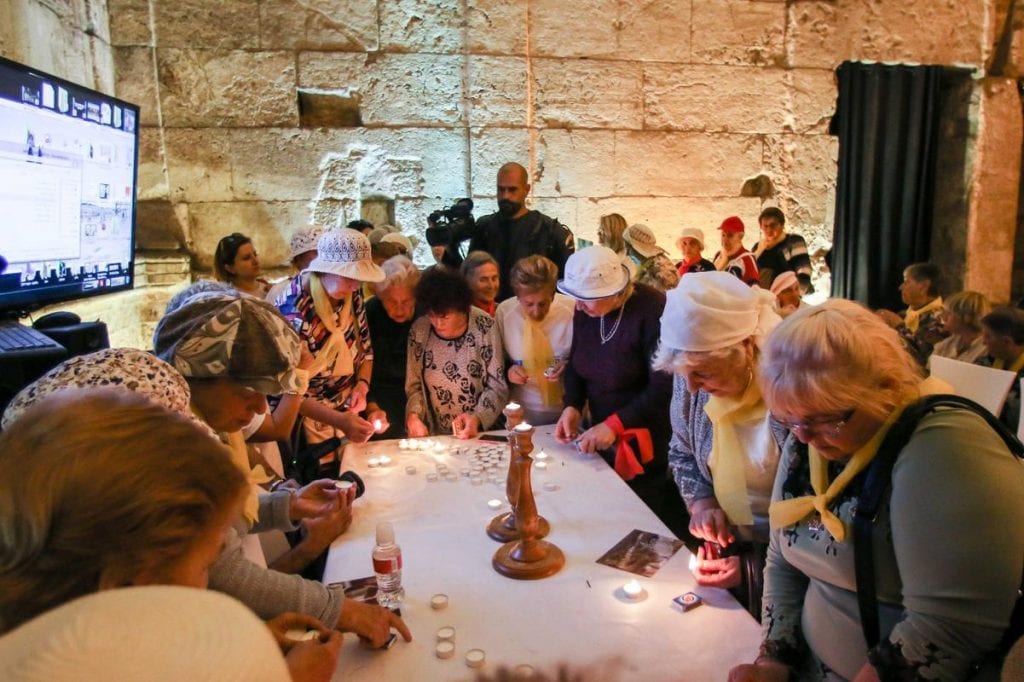A new international study conducted in cooperation with the University of Haifa has found that the risk of Holocaust survivors’ developing dementia such as Alzheimer’s disease is 1.21 times higher than those who did not go through the Holocaust.
Stats from the study
Of the 10,781 subjects who survived the Holocaust, 1,781 (16.5%) of the population developed dementia. Of the 40,792 subjects who did not go through the Holocaust, 3,803 subjects – who constituted 9.3% of this population – also developed dementia. After conducting a number of advanced statistical analyses that took into account factors such as gender, age, death at follow-up and more, the researchers found that Holocaust survivors were 1.21 times more likely to develop dementia than those who did not.
What you need to know about dementia
According to ALZ, dementia is a general term for a decline in mental ability severe enough to interfere with daily life. Memory loss is an example. Alzheimer’s is the most common type of dementia accounting for 60%-80% of cases.
Victims of dementia may display symptoms including short-term memory loss. It can also affect the ability to complete day-to-day tasks such as: keeping track of a purse or wallet, paying bills, planning/preparing meals, remembering appointments or traveling out of the neighborhood.
For Holocaust survivors, the symptoms are much worse
That’s because although they also suffer short-term memory loss, the dementia of Holocaust survivors is a very different experience than that of regular patients.
See, when a Holocaust survivor suffers dementia, the horrors of the Holocaust are fresh in their minds as if they are still reliving it to this day.
According to Shoshana Lichtman from the organization Melabev, these survivors not only have nightmares about their horrible past, but many of them also daydream about it on a daily basis as well.

Lichtman recalls one survivor who enjoys writing. But no matter what she writes about, it keeps coming back to the same thing- the Holocaust and the ghettos in Warsaw, Poland, where she spent her youth.
What we can do to help
Although there is no actual cure to this unique type of dementia, there are ways to contain it.
Shoshana Lichtman from Melabev breaks it down into two separate treatments.
One is to let them vent.
These Holocaust survivors have a lot of pent up baggage from their experience. Therefore, it’s important that they just let it out and get it off of their chest. Melabev provides an open ear encouraging them to say what’s on their mind. The organization is there for them enabling the survivors to get everything out either by either writing or just by talking.
Some of them are unable to talk and therefore vent using art therapy.
The other way to treat Holocaust Dementia is by keeping the survivors busy with fun and engaging activities.
These activities include:
- Discussions at meal-time
- Arts and crafts
- Cooking
- Torah lectures
- Packing meals for soldiers
- Socialization
- Music
- Visits from local school children
“All of these activities give the survivors a much-needed sense of purpose in their final years on this earth” explains Lichtman.
You can help keep it going and ease their unimaginable suffering by donating to Melabev today.






